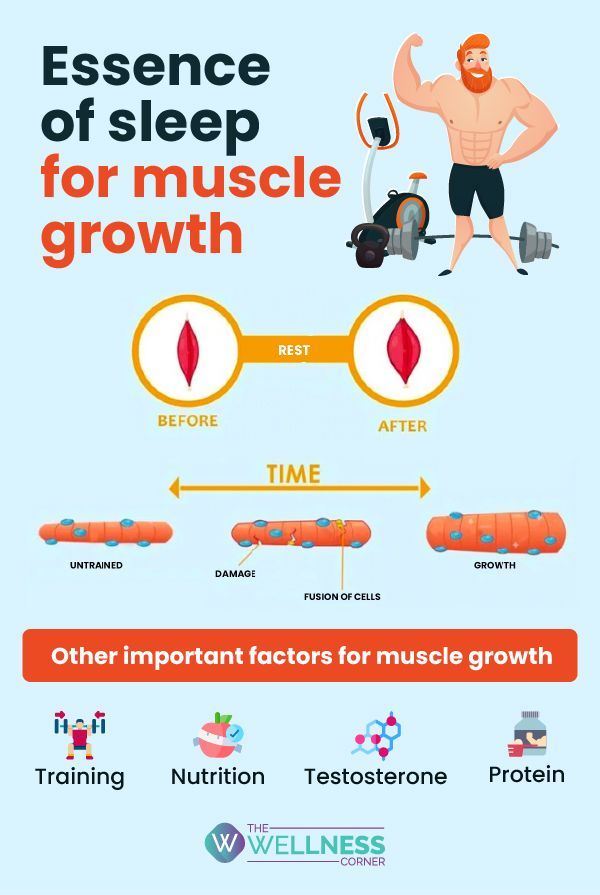When it comes to building and maintaining muscle, many people focus on their workout routine and diet. However, one crucial aspect that often gets overlooked is the role of sleep in muscle repair. In fact, getting enough quality sleep is just as important as hitting the gym and eating right when it comes to achieving your fitness goals.
How Sleep Affects Muscle Repair
During sleep, your body goes into repair mode, working to heal and rebuild muscles that have been broken down during exercise. When you workout, tiny tears occur in your muscle fibers. These tears are part of the muscle-building process, but they need to be repaired in order for your muscles to grow stronger and bigger. This repair process happens primarily during the deep stages of sleep, known as slow-wave sleep.
During slow-wave sleep, your body releases growth hormone, which is essential for muscle repair and growth. Growth hormone stimulates the production of new proteins and helps rebuild damaged muscle tissue. Inadequate sleep can lead to decreased levels of growth hormone, which can hinder your body’s ability to repair and build muscle.
The Effects of Sleep Deprivation on Muscle Repair
When you don’t get enough sleep, your body doesn’t have the time it needs to repair and rebuild muscles. This can lead to decreased muscle growth, strength, and endurance. In addition, inadequate sleep can also decrease your muscle recovery time, making it harder for you to bounce back from intense workouts.
Chronic sleep deprivation can have even more serious effects on muscle repair. Studies have shown that sleep deprivation can lead to increased levels of cortisol, a stress hormone that can break down muscle tissue. High levels of cortisol can also inhibit the production of growth hormone, further impairing muscle repair and growth.
Tips for Improving Sleep for Better Muscle Repair
If you’re serious about building muscle, it’s important to prioritize sleep as part of your training regimen. Here are some tips for improving your sleep quality:
Establish a bedtime routine: Going to bed and waking up at the same time every day can help regulate your body’s internal clock and improve your sleep quality.
Avoid caffeine and electronic devices before bed: Caffeine and screens can disrupt your circadian rhythm and make it harder to fall asleep.
Create a sleep-friendly environment: Keep your bedroom cool, dark, and quiet to promote better sleep.
Relax before bed: Engage in calming activities like reading, meditating, or taking a warm bath to wind down before bedtime.
Limit alcohol consumption: While alcohol may make you feel sleepy, it can disrupt your sleep cycle and decrease the quality of your rest.
Conclusion
As you can see, sleep plays a crucial role in muscle repair and growth. If you’re serious about maximizing your workout results, make sure to prioritize getting enough quality sleep each night. By giving your body the rest it needs, you’ll not only improve your muscle repair process but also enhance your overall fitness performance.
Remember, sleep is just as important as diet and exercise when it comes to achieving your fitness goals. So next time you’re tempted to cut your sleep short, think about how it could be impacting your muscle repair and growth. Sweet dreams!

